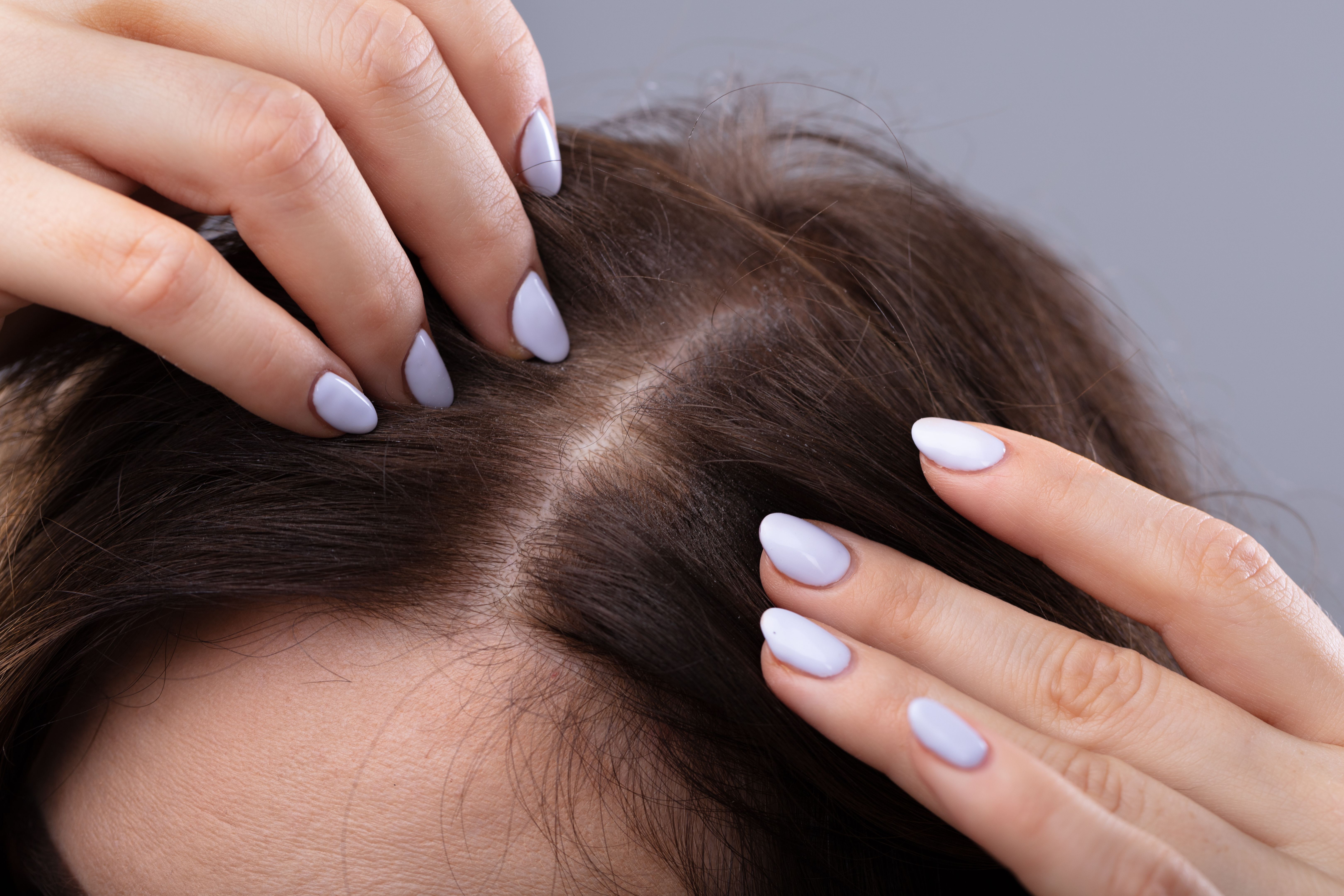Exploring Hair Thinning: Insights and AI Solutions
Understanding Hair Thinning
Hair thinning is a common concern affecting people of all ages and genders. While it's normal to lose a certain amount of hair daily, excessive hair loss can be a distressing experience. Understanding the root causes of hair thinning can be the first step toward finding effective solutions.
Several factors contribute to hair thinning, including genetics, hormonal imbalances, nutritional deficiencies, and stress. Each of these factors can impact hair health differently, making it essential to identify the underlying cause for proper treatment.

Genetic Factors
Genetic predisposition is one of the most significant contributors to hair thinning. Known as androgenetic alopecia, this condition is more commonly referred to as male or female pattern baldness. It is characterized by a predictable pattern of hair loss and is often inherited from family members.
While genetic factors cannot be changed, understanding their role can help individuals manage their expectations and explore potential solutions that may slow the progression of hair thinning.
Hormonal Imbalances and Nutritional Deficiencies
Hormonal changes can also play a crucial role in hair health. Conditions such as thyroid disorders, pregnancy, menopause, and polycystic ovary syndrome (PCOS) can lead to significant changes in hair texture and density. Addressing these hormonal imbalances through medical intervention can often improve hair health.
Nutritional deficiencies, particularly in vitamins and minerals like iron, vitamin D, and biotin, can also contribute to hair thinning. A balanced diet rich in essential nutrients can support overall hair health and may prevent further thinning.

The Role of Stress
Stress is an often-overlooked factor that can exacerbate hair thinning. High stress levels can lead to a condition known as telogen effluvium, where hair prematurely enters the shedding phase. Practicing stress management techniques such as mindfulness, meditation, or yoga can be beneficial in reducing stress-induced hair loss.
AI Solutions for Hair Thinning
In recent years, artificial intelligence (AI) has emerged as a promising tool in the fight against hair thinning. AI technology offers innovative solutions that provide personalized insights and treatment options tailored to individual needs.

Personalized Hair Care Plans
AI-powered platforms can analyze individual hair and scalp conditions using advanced algorithms. By assessing factors such as hair density, scalp health, and environmental influences, these platforms can recommend customized hair care plans that address specific concerns.
These personalized plans often include product recommendations, lifestyle changes, and dietary suggestions that align with each person's unique needs, offering a more targeted approach to combating hair thinning.
Virtual Consultations and Monitoring
AI solutions also facilitate virtual consultations with dermatologists and trichologists, making expert advice more accessible than ever. Through video consultations and AI-driven scalp analyses, individuals can receive professional guidance from the comfort of their homes.
Additionally, AI applications can track progress over time by monitoring changes in hair density and scalp condition. This continuous monitoring allows for timely adjustments to treatment plans, ensuring optimal results.

In conclusion, while hair thinning can be a challenging issue, understanding its causes and exploring cutting-edge AI solutions can provide hope and effective management strategies. By embracing these technological advancements, individuals can take proactive steps toward healthier, fuller hair.